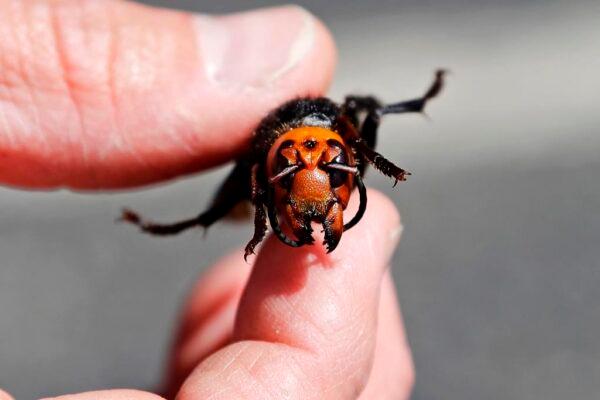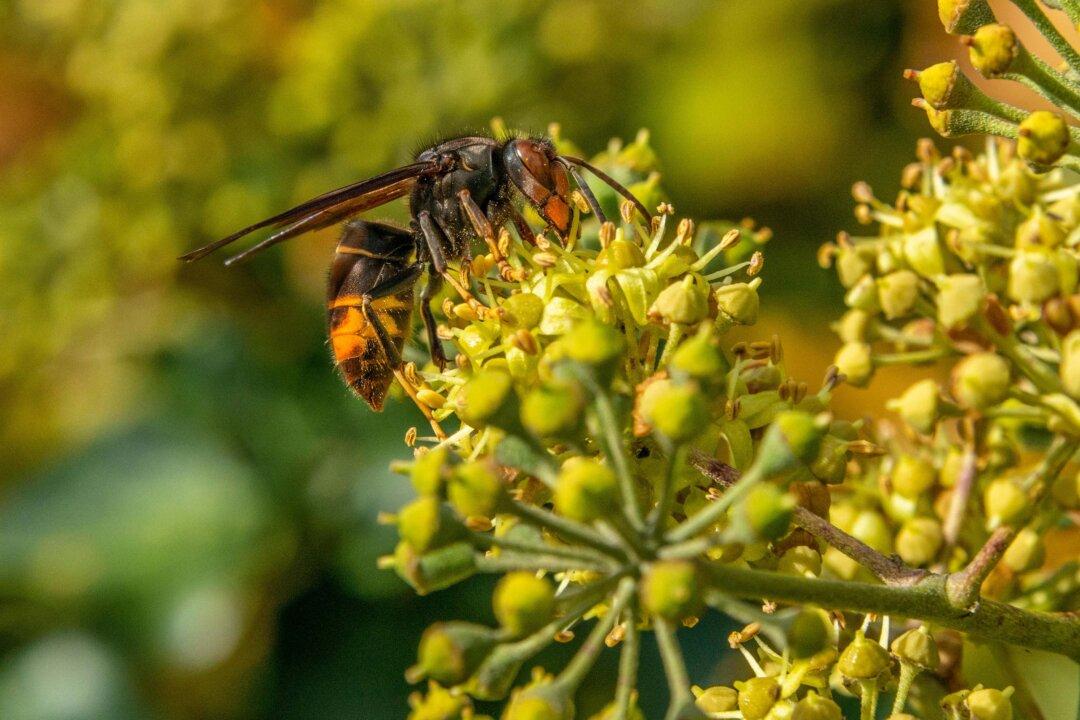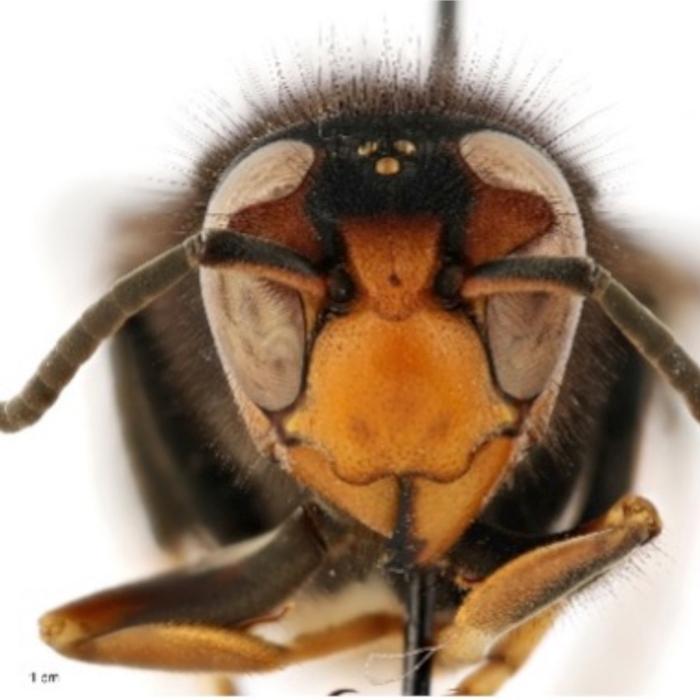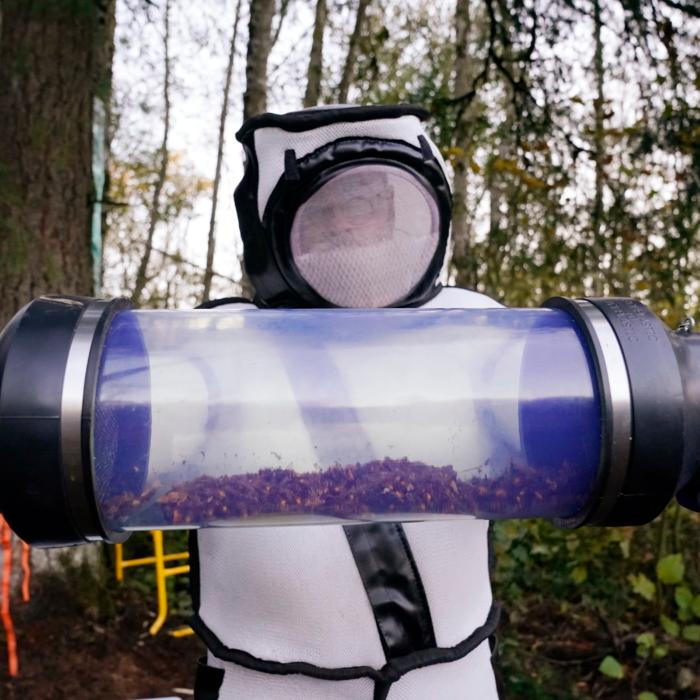The UK’s Chief Plant Health Officer Nicola Spence has called for beekeepers and the public to watch out for Asian hornets after record sightings in Britain last year.
In recent years Asian hornets have been spotted in the UK in the summer, having literally flown in from France. But it appears they may now have stayed and survived during the winter in Britain.
It said, “The analysis has indicated that the hornets found at Four Oaks are overwintered offspring of the nest destroyed in Rye.”
The insects pose no threat to humans but are a considerable danger to indigenous species and can eat up to 50 honey bees a day.
Not to Be Confused With Murder Hornets
The Asian hornet (vespa velutina) is often confused with the Asian giant hornet, which was dubbed satsujin suzumebachi in Japan in 2008, a name which translates as murder hornet and has often been used by Western media.
Defra said Asian hornets were not yet established in the UK but it was extremely important to wipe them out as they pose a risk to pollinators, which play a crucial role in British agriculture and horticulture.
A single hornet nest can produce 350 queens, each of which can create a new colony.
The British Bee Keepers Association is now trying to locate other nests in Kent, East Sussex, Surrey, and London before new queens are produced.
The warning comes as the Wildlife and Countryside Link (WCL), which represents 83 nature organisations, said that non-invasive species are gaining a foothold as a result of rising temperatures.
This includes Japanese knotweed, which can cause structural damage, and Himalayan balsam, which out-competes native species.
Invasive Species Cause ‘Billions of Pounds’ of Damage
Richard Benwell, WCL chief executive, said, “Invasive species are already one of the biggest threats to the UK environment, from smothering waterways to outcompeting native species.”“They also cause billions of pounds in damage a year to homes and businesses, and even pose risks to human health,” he added.
With a general election beckoning on July 4, Mr. Benwell wants the incoming government to take the issue seriously.
He said, “Investment in a fully-funded inspectorate and a strong invasive species strategy could make a contribution to halting nature’s decline and creating a more resilient economy.”
Rob Collins, director of policy and science at The Rivers Trust, said weather conditions had left local ecology groups “struggling to keep a wave of invasive species at bay.”
“The government must properly support local conservation groups nationwide who are working tirelessly to stop our waterways being smothered by nature invaders,” he added.
A Defra spokesman said: “Invasive species threaten our native biodiversity and cost the economy billions every year, which is why we support the invasive species inspectorate in carrying out their role to protect the nation’s biosecurity.”
“Through our invasive non-native species strategy, we remain committed to going even further to detect, protect, and eradicate the threats they pose, while increasing coordination and cooperation with the public, land managers, and businesses to deliver this,” he added.







